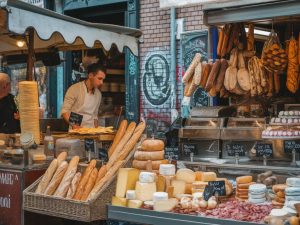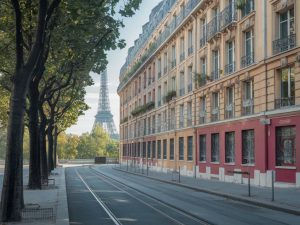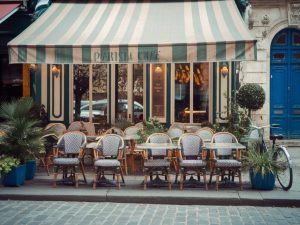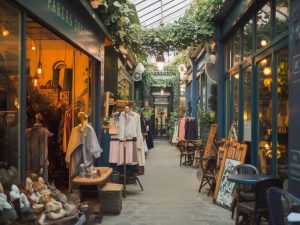The legacy of Parisian perfume culture
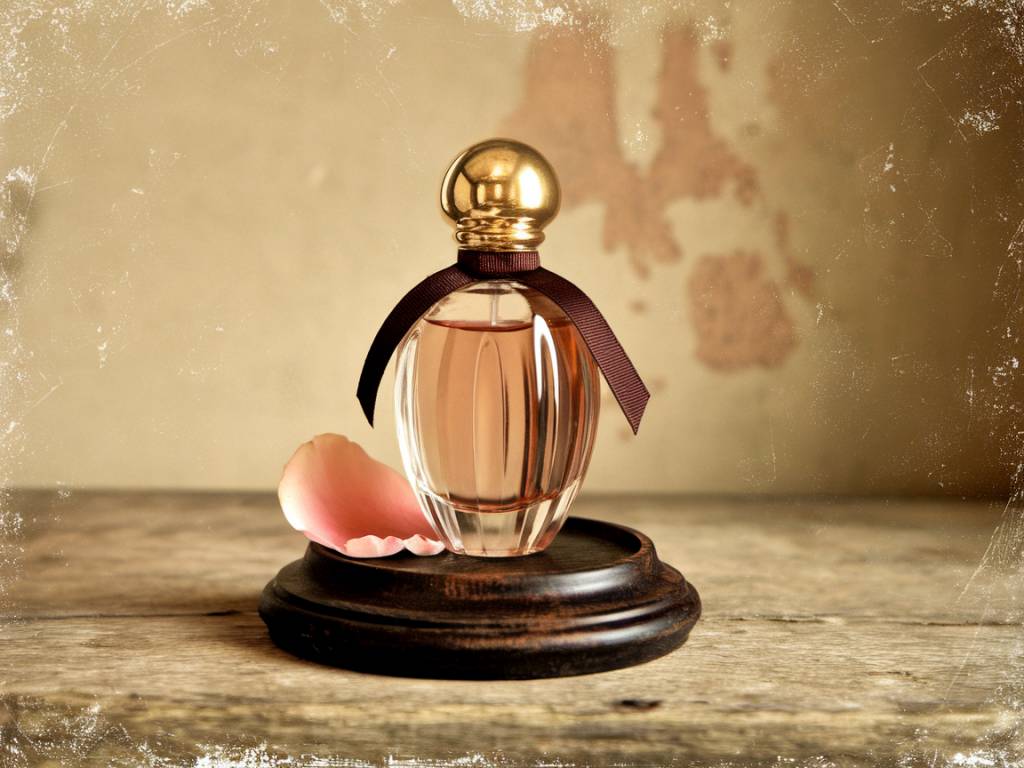
The legacy of Parisian perfume culture
Few cities in the world can claim to be as synonymous with perfume as Paris. For centuries, this romantic and iconic city has been at the heart of fragrance innovation, crafting scents that transcend time and evoke emotion. But what is it about Paris that makes it the epicenter of the perfume world? Why does it hold a legacy so deeply entrenched in olfactory art? Let’s take a closer look at the Parisian perfume culture and the stories behind its legacy.
The Birthplace of Haute Parfumerie
Paris didn’t become the perfume capital of the world overnight; it was a process steeped in history and social changes. As early as the 16th century, French nobility began to embrace the use of perfumes to mask unpleasant odors. In those days, bathing was infrequent, and scented oils and balms became essential accessories of the aristocracy.
The art of perfumery gained momentum under the reign of Louis XIV, famously known as the « Perfumed Court. » The king was an admirer of scented gloves – a trend that had gained popularity in France during the Renaissance, thanks to Italian influence. Perfume artisans began to thrive in Paris, weaving the city into their craft and creating scents for royalty and the high society of Europe. By the 18th century, Paris was a world leader in blending natural ingredients to produce fragrances.
Why Paris, Specifically?
One might wonder, why did Paris – and not another European city – establish itself as the leader in the perfume niche? Geographically, France benefits from its lush array of ingredients, particularly in southern regions like Grasse, which is still considered the world’s perfume capital for raw materials like lavender, rose, and jasmine.
But beyond resources, Paris had the allure of refinement, craftsmanship, and creativity. The city was a hub for innovation, home to some of the brightest minds in fashion and design. How could perfume, often viewed as an accessory of self-expression, not thrive here? Add to this the entrepreneurial spirit of French artisans and the influence of the Parisian couture houses, and you have the recipe for a cultural perfume dynasty.
Iconic French Perfume Houses
No exploration of Parisian perfume culture would be complete without mentioning the legendary fragrance houses that have become emblematic of the city. Among them:
- Guerlain: Founded in 1828, Guerlain is one of the oldest perfume houses in France. The brand’s creations, such as “Shalimar” and “Mitsouko,” remain classics celebrated around the world.
- Chanel: Perhaps the most iconic of all is Chanel No. 5, launched in 1921. Coco Chanel revolutionized the perfume industry by developing scents that were bold and modern, blending aldehydes with florals in a way never seen before.
- Dior: Equally groundbreaking was Christian Dior’s entry into the perfume world in 1947 with Miss Dior, a tribute to his sister and an ode to femininity.
- Hermès: Known for its craftsmanship in leather goods, Hermès extended its meticulous artistry to fragrance with timeless staples like « Eau d’Orange Verte. »
These houses not only set the benchmark for quality but also demonstrated the value of storytelling in perfumery, with each scent telling a tale of romance, adventure, or mystery.
The Role of Perfume in Parisian Life
For Parisians, perfume is far more than a luxury – it’s an extension of one’s identity. Unlike in some cultures where scents might be reserved for special occasions, in Paris, many people wear fragrance daily. A stroll through Parisian streets is a sensory experience, with wafts of floral, musky, and citrus notes blending seamlessly with the city’s timeless charm.
It’s not unusual to see neighborhood perfume boutiques thriving, each one brimming with bottles of curated, artisanal scents. Brands like Diptyque, Fragonard, and Serge Lutens take customers on olfactory journeys that feel personal and, dare I say, magical. When in Paris, tourists are often tempted to buy a bottle of perfume not just as a souvenir, but as a gateway to recreating the Parisian experience back home.
A Few Hidden Gems for Perfume Enthusiasts in Paris
If you’re visiting Paris and want to dive into its perfume culture, here are a few must-visit places:
- Musée du Parfum Fragonard: This charming museum offers a behind-the-scenes glimpse of perfume history and production. Bonus: entry is free!
- Le Grand Musée du Parfum: Although currently closed, keep an eye out as it had been a treasure trove for understanding the evolution of fragrance art.
- Maison Francis Kurkdjian: Located near the Place Vendôme, this boutique offers niche and contemporary interpretations of sophistication in Parisian perfumes.
- Perfume Workshops: Several ateliers across Paris allow visitors to create their own personalized perfumes. It’s an unforgettable experience where you can channel your inner scent artist.
The Modern-Day Parisian Touch
While the classics dominate much of the Parisian perfume narrative, today’s perfumers are not afraid to push boundaries. Brands like Le Labo focus on minimalist, almost rebellious scents that diverge from tradition. In an era where sustainability is paramount, eco-conscious perfumes are also gaining ground, with Paris leading the way in “green” perfumes free from harmful chemicals and crafted with ethically sourced ingredients.
The world of Parisian perfumery is constantly evolving, proving that this timeless art form can adapt while still honoring its ancestral roots.
A Souvenir of Scent
If you’ve ever walked along the Seine at sunset or watched Paris come alive from the top of Montmartre, you’ll know this city is a cradle of emotions. Perhaps that’s why Parisian perfumes are so captivating – they manage to bottle the ineffable essence of this city, giving you a way to relive memories through scent.
So next time you’re in Paris, take the time to explore its fragrant offerings. Whether it’s a classic bottle of Chanel No. 5 or a custom blend from a neighborhood atelier, you’ll be walking away with more than just a souvenir. You’ll have a piece of Paris – one that stays with you, lingers softly, and reminds you that the legacy of its perfume culture is as enduring as the city itself.

